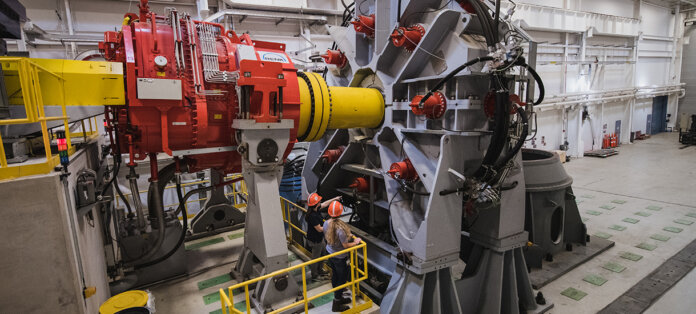Moovila, an AI-powered work management platform, and the Clemson University Dominion Energy Innovation Center are partnering to streamline research and testing processes to increase productivity and lower the costs of wind turbine deployment.
They are working together to build out extensive research schedules, connect the various equipment and potential commercial partners to execute findings. With Moovila’s math-based engine driving the platform, researchers will be able to proactively identify and prevent roadblocks, keeping projects on time and on budget. The Moovila platform includes risk identification and remediation tools, critical path visualizations and an AI-powered PM coach to guide users of all skill levels through the project management process.
“A wind turbine test takes six months to set up, instrument and commission it with thousands of steps along the way,” says Meredyth Crichton, executive director of Clemson Dominion Energy Innovation Center. “This is an excellent opportunity to push our capabilities to the next level by working with Moovila to boost our efficiency, carry lessons learned into new projects and help us identify the best assembly process for each unique project.”
Located at the Clemson University Restoration Institute (CURI), the $98 million Energy Innovation Center links two labs: the Duke Energy eGRID (an electrical grid simulator) and the wind-turbine drivetrain testing facility. The connected labs support researchers in finding ways to broaden the use of renewable energy, including wind and solar power.
“Subject matter experts are often tasked with managing projects with limited formal project management training,” mentions Mike Psenka, Moovila founder and CEO. “We’ve engineered Moovila to automate the best practices in project management throughout the life cycle of every project, and we’ve built AI tools, microlearning and guidance into our platform to reinforce that.”
The Clemson Dominion Energy Innovation Center is a research facility that houses wind-turbine test beds capable of full-scale, highly accelerated mechanical and electrical testing. In 2009, the U.S. Department of Energy’s Office of Energy Efficiency and Renewable Energy awarded a $45 million grant to Clemson University to design, build, and operate the facility.




